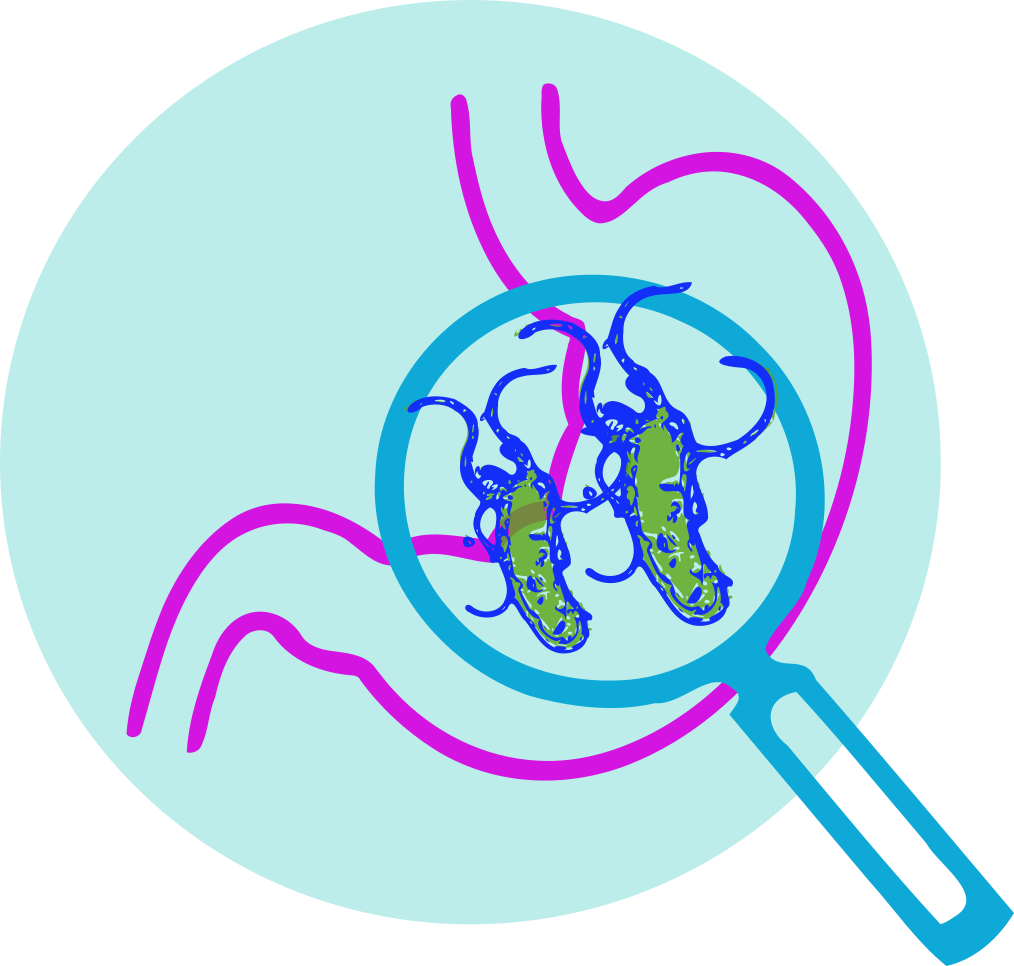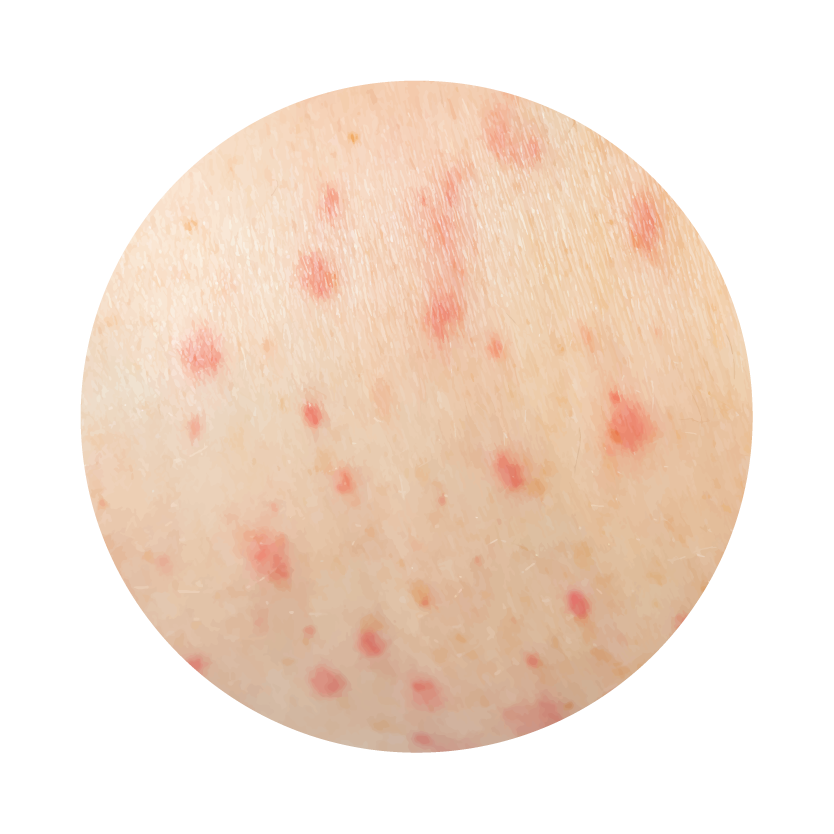| Name | Esculin |
| Classes |
Antiinfective Agent Antibiotic |
| Diseases |
Esculin
Esculin is a natural compound classified as a coumarin glycoside. Esculin has been traditionally used for its anti-inflammatory and antispasmodic properties. Its precise mechanism of action may involve modulation of inflammatory pathways and potential effects on smooth muscle.
Esculin is occasionally employed as a vasoprotective agent in medicinal applications. Additionally, it finds utility in microbiology laboratories for facilitating the identification of bacterial species, particularly Enterococci and Listeria. This is due to the fact that all strains of Group D Streptococci hydrolyze esculin in the presence of 40% bile.
The dosage of Esculin can vary based on the specific herbal preparation or supplement formulation. It is essential to follow the recommendations provided by the healthcare practitioner or the product label.
Adverse reactions, if any, are not extensively documented. However, potential reactions may include:
- Gastrointestinal Distress
- Allergic Reactions (rash, itching)
- Headache
- Dizziness
- Nausea
-
Pregnancy and Lactation: The safety of Esculin during pregnancy and lactation has not been well-established. Consult with a healthcare professional before use in these populations.
-
Allergies: Individuals with a known allergy to coumarin derivatives or related compounds should exercise caution when using Esculin.
-
Interactions: Esculin may interact with certain medications. Consult with a healthcare provider if taking other medications concurrently.
-
Hepatic Impairment: Use caution in individuals with hepatic impairment, as coumarin derivatives may impact liver function.
-
Pediatric Use: The safety and efficacy of Esculin in pediatric populations have not been adequately studied.
Contraindication
Esculin is contraindicated in individuals with known hypersensitivity to coumarin derivatives.
None known.
None known.
 Bangla
Bangla English
English


